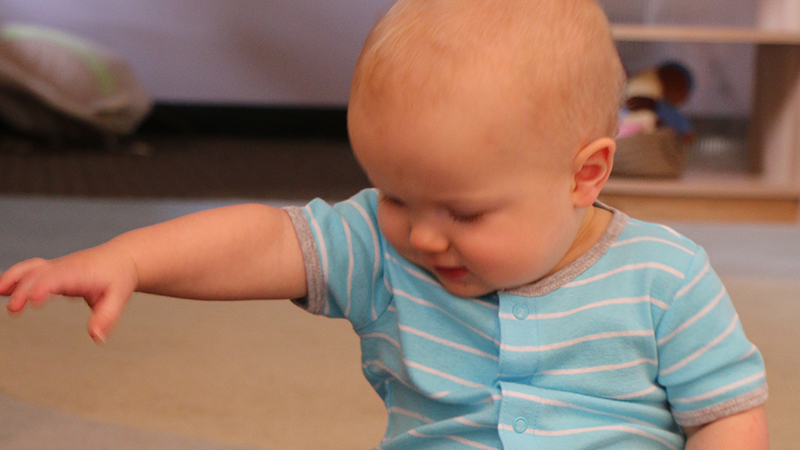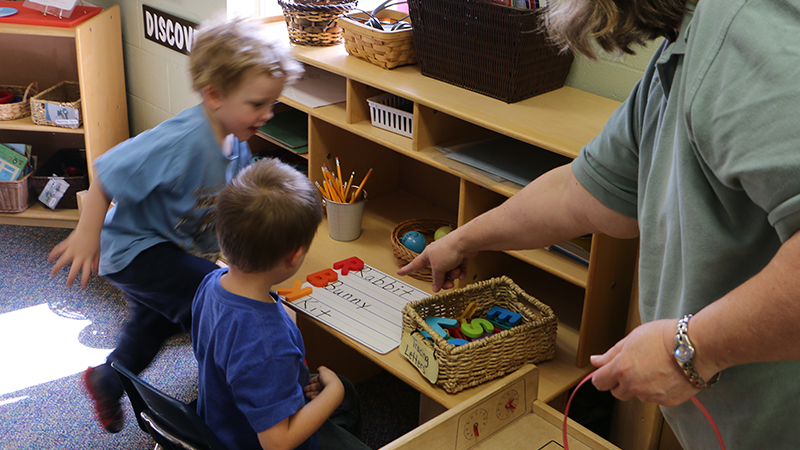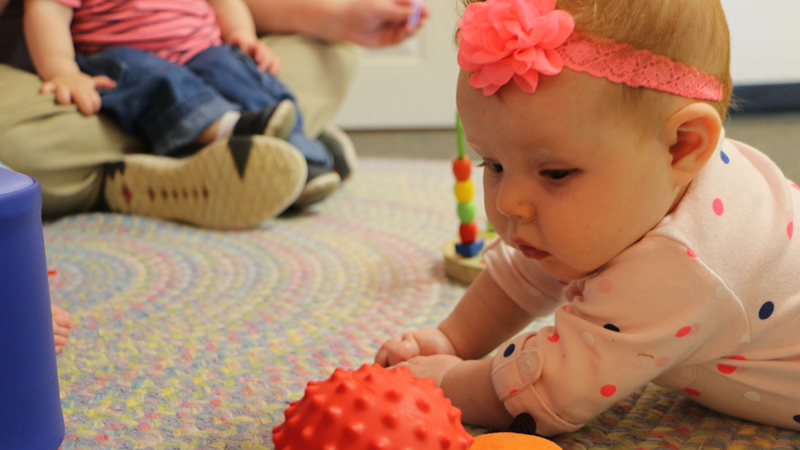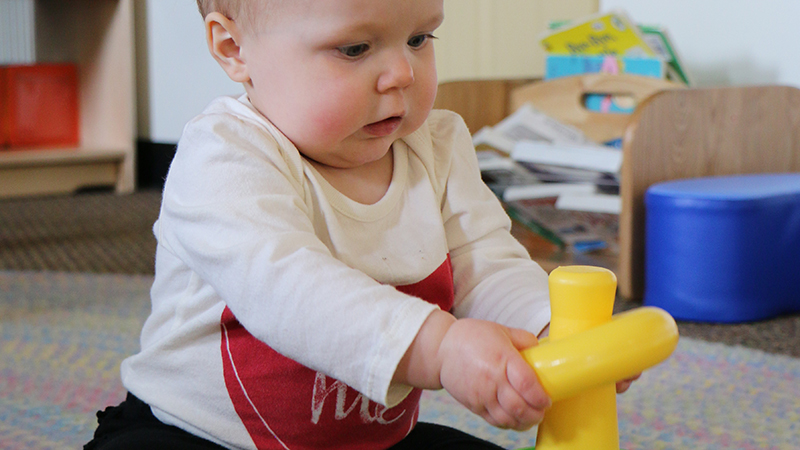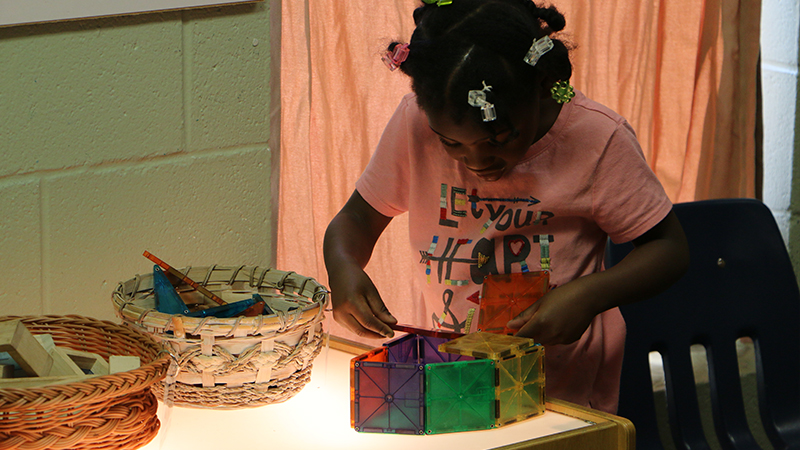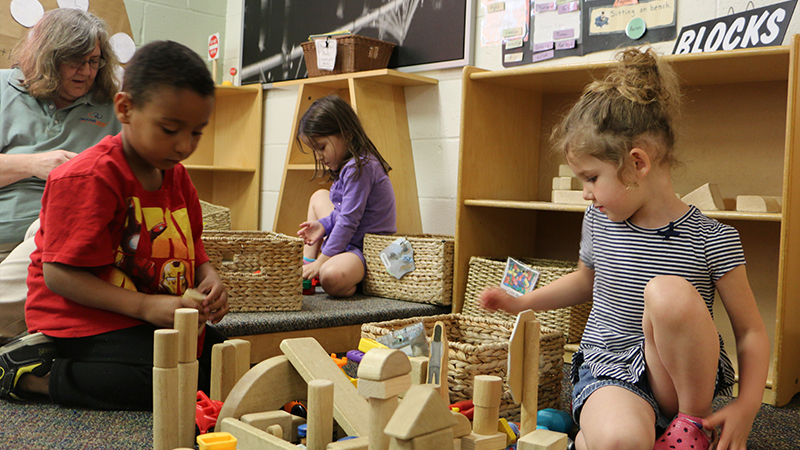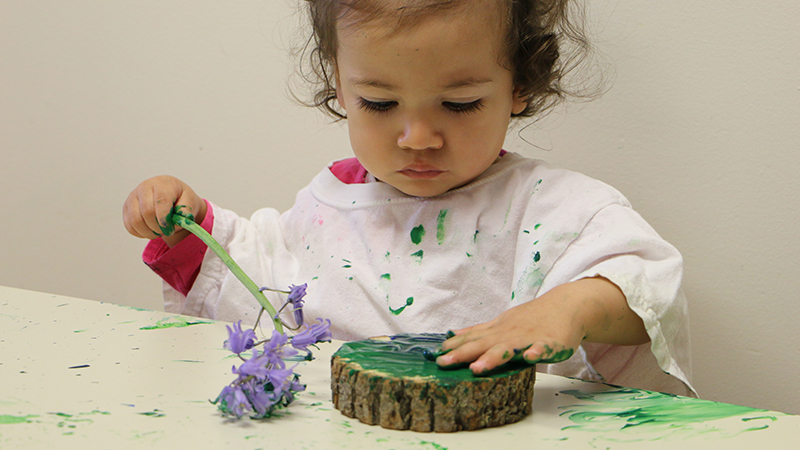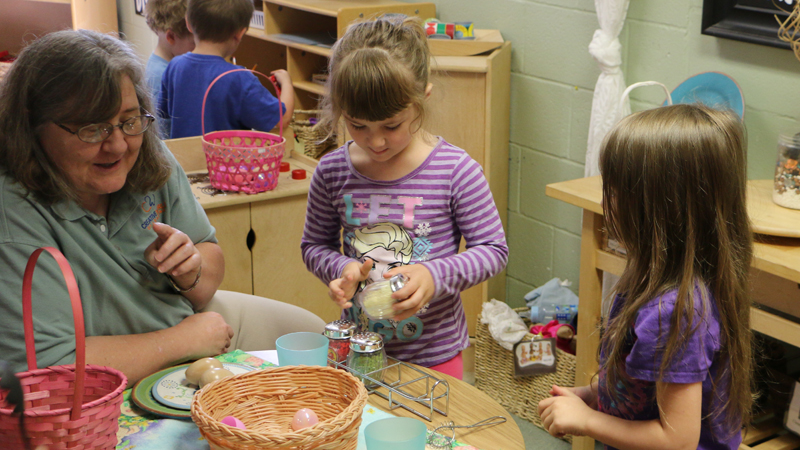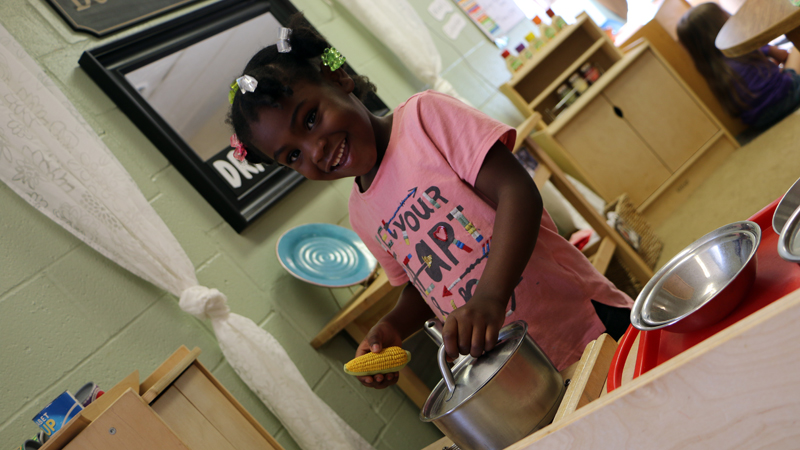Early childhood is a critical period for emotional development, and preschool plays a vital role in helping children understand, express, and manage their emotions. In a nurturing and structured environment, young children gain the social and emotional skills that form the foundation for future relationships and emotional well-being. In this blog, we’ll explore how preschool promotes emotional development and why these early years are crucial for building emotional intelligence.
1. Developing Emotional Awareness
A key aspect of emotional development in preschool is helping children become aware of their own emotions and the emotions of others. Through guided interactions with teachers and peers, children learn to identify feelings like happiness, sadness, frustration, and excitement, and understand that emotions are a natural part of life.
How Preschool Helps:
- Labeling emotions: Teachers use storytelling, role-playing, and group discussions to help children recognize and label their emotions. For example, a teacher might ask, “How do you think this character feels?” or “What made you feel happy today?”
- Talking about feelings: Encouraging children to talk about their emotions, whether they’re excited, angry, or scared, helps them become more comfortable expressing themselves and understanding others.
Explore more on how early childhood education impacts emotional intelligence by visiting Inspire Children.
2. Learning to Manage Emotions
Managing emotions is a skill that develops over time, and preschool provides a supportive space for children to practice emotional regulation. Children experience a wide range of emotions throughout the day, from the joy of playing with friends to the frustration of sharing toys. Preschool helps them cope with these emotions in healthy ways.
Emotional Regulation Techniques in Preschool:
- Calm-down areas: Many preschools have designated spaces where children can go to relax and regain control of their emotions when they’re feeling overwhelmed.
- Breathing exercises: Teachers may introduce simple breathing techniques to help children calm down during stressful or emotional moments.
- Modeling: Preschool teachers model emotional regulation by staying calm when conflicts arise, demonstrating how to manage emotions in difficult situations.
Discover more ways to encourage emotional regulation in young children through our blog at Creative World of Montessori.
3. Building Empathy and Social Skills
Empathy—the ability to understand and share the feelings of another person—is crucial for emotional development. In preschool, children have daily opportunities to interact with peers, helping them develop empathy and navigate social relationships.
How Preschool Encourages Empathy:
- Group activities: Working on group projects or playing together teaches children the importance of cooperation, sharing, and taking turns. Through these interactions, they begin to recognize the feelings of others and develop empathy.
- Conflict resolution: Disagreements are natural in social development. Preschool teachers guide children through problem-solving strategies and encourage them to consider how their actions affect others.
- Learning through play: During imaginative play, children often take on different roles and perspectives, helping them develop a deeper understanding of others’ feelings and viewpoints.
For more insights on teaching empathy in preschool, check out this article from the National Association for the Education of Young Children (NAEYC).
4. Encouraging Independence and Confidence
As children begin to navigate their emotions in preschool, they also develop a sense of independence and self-confidence. Preschool provides an environment where children can explore new activities, make decisions, and learn from their experiences, all while feeling supported by their teachers.
How Preschool Builds Confidence:
- Decision-making: From choosing which activity to participate in to solving problems, preschool encourages children to make choices and feel proud of their decisions.
- Positive reinforcement: Teachers use praise and encouragement to boost confidence and motivate children to keep trying, even when tasks are challenging.
- Celebrating small successes: Whether completing a puzzle or learning to tie their shoes, teachers celebrate small accomplishments, helping children build self-esteem and pride in their abilities.
Learn how fostering independence early can lead to lifelong success in our Creative Curriculum Activities to Try at Home blog.
5. Creating a Safe Environment for Emotional Growth
A preschool environment is designed to foster emotional safety and security, which is essential for healthy emotional development. In a safe and supportive setting, children feel more comfortable exploring their emotions and expressing themselves without fear of judgment or rejection.
How Preschool Provides Emotional Safety:
- Consistent routines: Regular daily routines help children feel secure, knowing what to expect. This sense of predictability reduces anxiety and allows children to focus on emotional growth.
- Supportive relationships: Teachers build strong, nurturing relationships with each child, creating trust and security. Children know their teachers are there to listen and help them navigate their emotions.
- Inclusive environment: Preschools encourage an inclusive atmosphere where all children feel valued and respected, regardless of their background, abilities, or emotional needs.
Conclusion
Preschool is a critical stepping stone for emotional development. By providing a structured, supportive environment, preschools help young children learn to recognize and manage their emotions, build empathy, and develop social skills. With the guidance of caring teachers and opportunities to interact with peers, children gain the emotional tools they need to navigate the complexities of growing up.
At Creative World of Learning, we are committed to nurturing each child’s emotional development through engaging activities, supportive relationships, and a positive learning environment. Contact us today to learn more about our preschool programs and how we can help your child grow emotionally and socially. Schedule a tour with us today!
Schedule a tour at our various locations:















